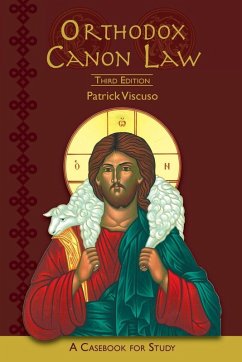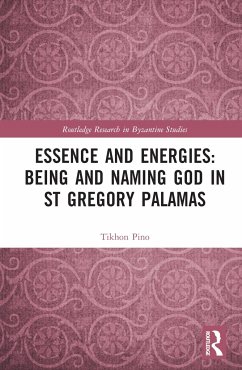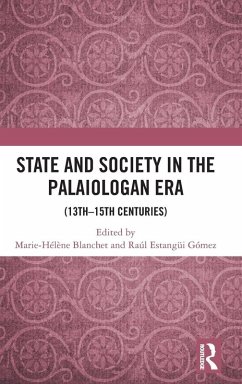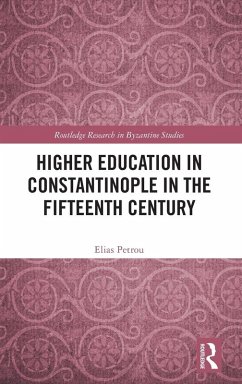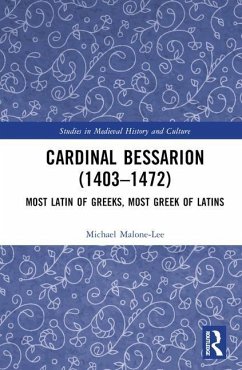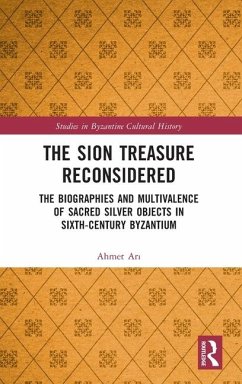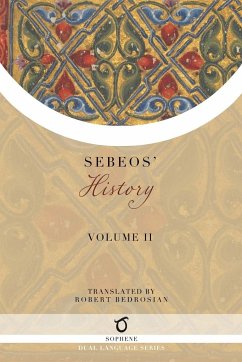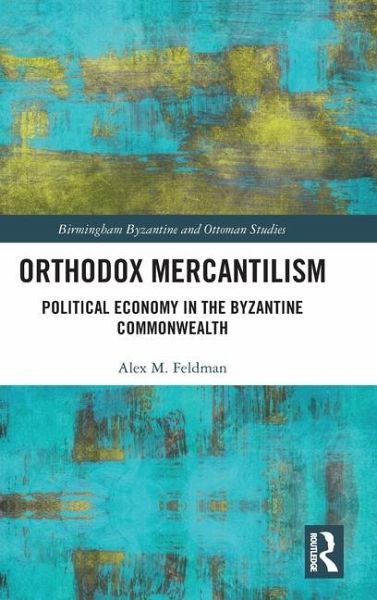
Orthodox Mercantilism
Political Economy in the Byzantine Commonwealth
Versandkostenfrei!
Versandfertig in 1-2 Wochen
171,99 €
inkl. MwSt.
Weitere Ausgaben:

PAYBACK Punkte
86 °P sammeln!
This book demonstrates how the political economy of mercantilism was not simply a Western invention by various cities and kingdoms during the Renaissance.





